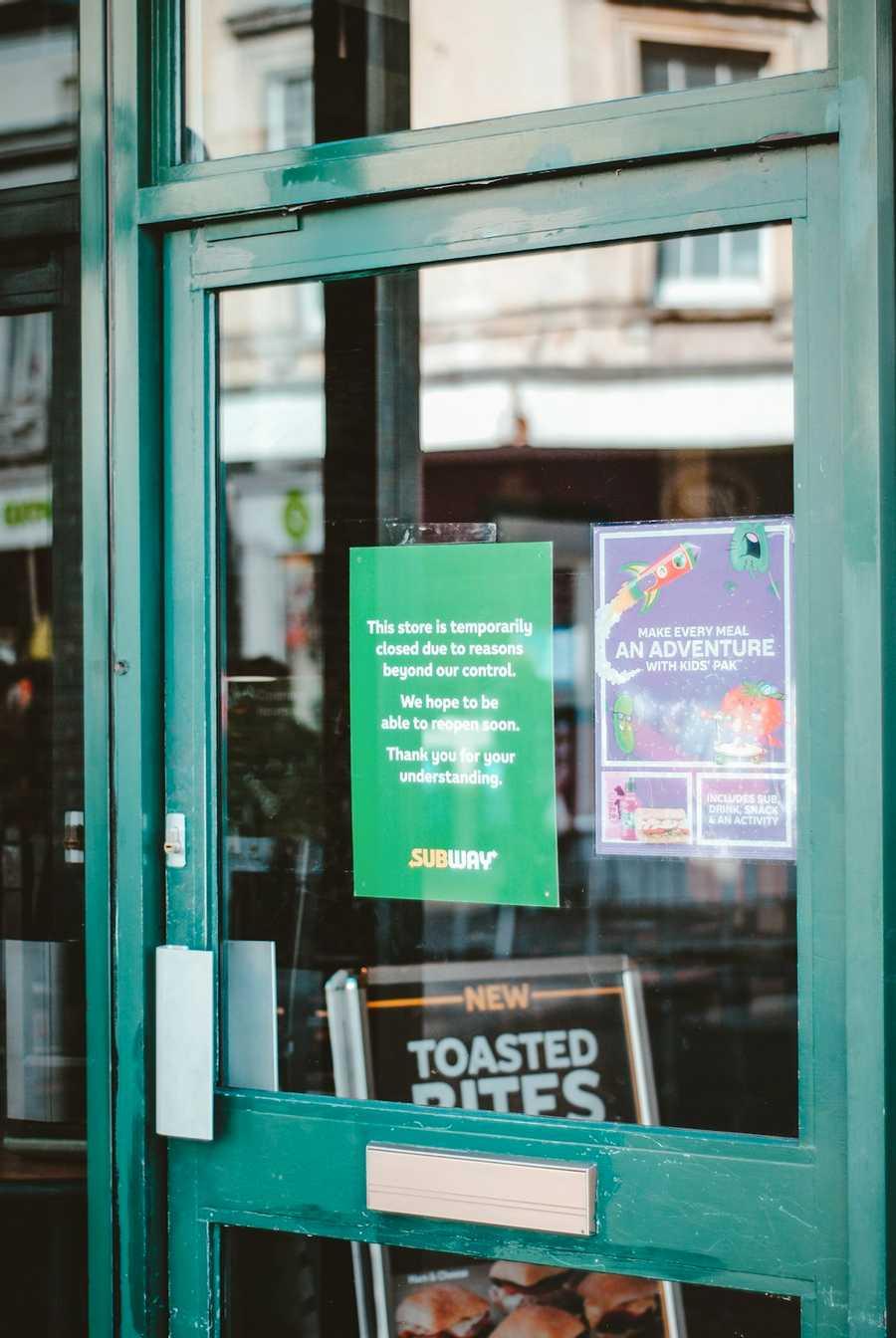Physical Decline
.. is when there is a loss of machinery, infrastructure and people, be it from war, or natural disasters.
The rebuilding of physical decline can also provide a powerful economic boost. This can also lead to inflation, as the capacity to make goods has been destroyed.
Losing people due to war or a calamity is the hardest to recover from.
27
145 reads
CURATED FROM
IDEAS CURATED BY
The idea is part of this collection:
Learn more about moneyandinvestments with this collection
How to manage risk
How to analyze investment opportunities
The importance of long-term planning
Related collections
Similar ideas to Physical Decline
A roadmap of past collapses
Although there is no conclusive explanation of why civilizations collapse, there are factors that can contribute.
- Climatic change can result in disaster, resulting in crop failure, starvation, and desertification. The Akkadians, the Mayan, the Roman Empire, and m...
FINANCIAL MISTAKES TO AVOID DURING PANDEMIC.
● F&O – Weapons of mass destruction - As Warren Buffet once observed, Futures and Options are financial weapons of mass destruction. These financial instruments played a pivotal role in the 2008 financial crisis. So, it is better for lay investors to stay away from these fina...
Read & Learn
20x Faster
without
deepstash
with
deepstash
with
deepstash
Personalized microlearning
—
100+ Learning Journeys
—
Access to 200,000+ ideas
—
Access to the mobile app
—
Unlimited idea saving
—
—
Unlimited history
—
—
Unlimited listening to ideas
—
—
Downloading & offline access
—
—
Supercharge your mind with one idea per day
Enter your email and spend 1 minute every day to learn something new.
I agree to receive email updates
